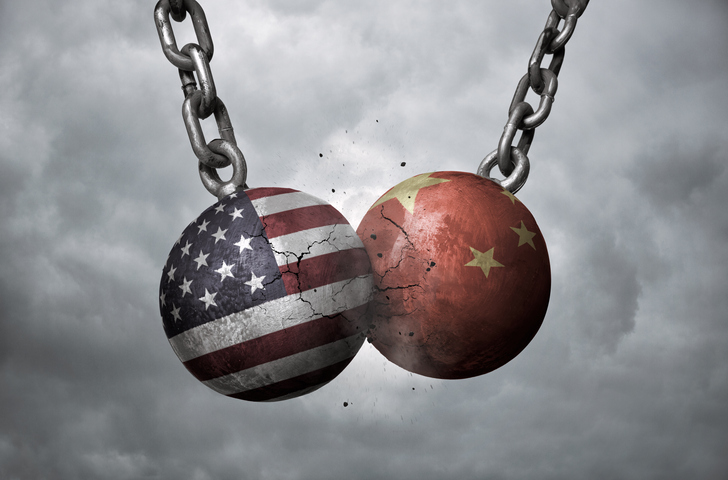President of the United States Joe Biden called Chinese President Xi Jinping a “dictator” on June 21, 2023 while making a speech in Kentfield, California. Biden was arguing for the continuation of American backing for Taiwan, which China asserts is its own territory.
China swiftly denounced Biden’s comments after they were made. The comments were labeled “absurd” and a “provocation” by the Chinese Foreign Ministry. Biden’s remarks, according to the ministry, “seriously violate the basic norms of international relations” and “harm the foundation of China-U.S. relations.”
Although China and the Biden administration have been attempting to normalize their relations, the two nations continue to disagree on several points, including trade, human rights, and Taiwan. The comments made by Biden are expected to worsen already strained ties between the two nations.
It is crucial to remember that the term “dictator” has a lot of political baggage, and there is disagreement over whether Xi Jinping qualifies as a dictator or not. Xi is a strong leader who is attempting to modernize China, according to some experts, while others claim he has consolidated power and repressed criticism.
What impact could these remarks have on the markets? Who knows?
- Markets could sell off. If investors believe that Biden’s remarks will lead to a further deterioration in relations between the United States and China, they could sell off stocks in anticipation of a slowdown in global trade. This could lead to a decline in stock prices, especially in sectors that are heavily exposed to China, such as technology and manufacturing.
- Markets could remain stable. If investors believe that Biden’s remarks are simply a reflection of the current state of US-China relations, they may not sell off stocks. In this case, the stock market could remain stable, or even see some gains, as investors focus on other factors, such as corporate earnings and economic growth.
- Markets could rally. If investors believe that Biden’s remarks will lead to a stronger US stance against China, they could buy stocks in anticipation of a boost in US economic growth. This could lead to a rally in stock prices, especially in sectors that are seen as benefiting from a stronger US economy, such as energy and financials.
President Biden’s recent comments have made the already delicate diplomatic dance between the US and China much more difficult. Although Beijing has reacted angrily to these remarks, they also serve as a reminder of the ongoing issues and controversies that have dogged the relations between these two superpowers. Given the possible long-term effects on the world economy, it is still unclear what such a statement may entail. For the time being, all eyes are on the stock markets, with reactions that could range depending on investor interpretations from sell-offs to stability or even rallies. The erratic nature of world politics, particularly when involving powerful nations, serves as a constant reminder of the precarious balance that exists within our interwoven global economy. In order to navigate these stormy waters and prevent further disruption or escalation, it is anticipated that both countries can find a diplomatic solution.





